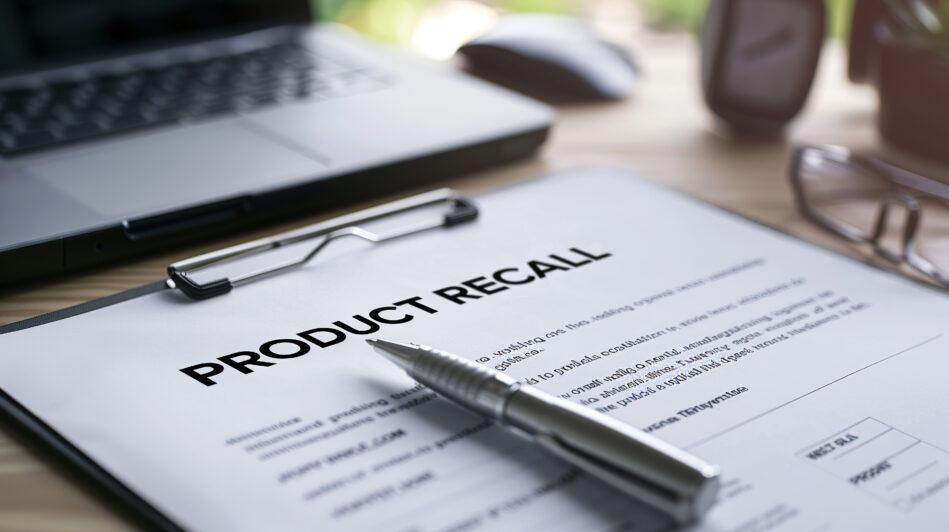A series of hypertension drug recalls has been making news since last year. If you hear a drug you are taking is being recalled, what should you do?
Most pharmacists, including myself, have been directly involved in the process of managing and following up on FDA prescription drug recalls. Fortunately, many of the drug recalls are not to the patient level because of a medication causing harm. Most medication recalls I’ve dealt with were not likely to cause adverse health consequences if a patient continued to take the meds. My role as a pharmacist was usually to deal with following through on returning of recalled products and contacting patients to give them information, instructions and reassurance when needed.
Both prescription and over-the-counter medications are evaluated by the FDA’s Center for Drug Evaluation and Research (CDER) before a medication can be sold. They do not actually test the products at the center, but they conduct research on each product for drug quality, safety and effectiveness. The drug manufacturer is responsible for researching and testing the new product for safety and effectiveness, and providing that information to the FDA for evaluation.
When a pharmaceutical company develops a new prescription medication and wants to bring it to market, they submit a new drug application (NDA) to the FDA. Over-the-counter medications can be brought to market through a similar NDA process or by submitting a drug monograph. A drug monograph is like a “recipe” of acceptable ingredients, doses, formulations and labeling requirements for that particular product to be marketed. Products conforming to the FDA monograph can then be evaluated for approval and marketing.
Most Recalls Are Voluntary
Occasionally, unforeseen problems arise after an FDA-regulated product is marketed and in use. If a product is defective or potentially harmful, the product could be recalled. Recalling the product is the most effective way to protect the public. Most product recalls are voluntary and initiated by the manufacturer when they discover problems. The role of the FDA then is to monitor the recall process and assess its effectiveness.
The FDA evaluates each recall and classifies them into three categories:
Class I: A dangerous or defective product that could cause serious health problems or death.
Class II: A product that might cause a temporary health problem, or pose slight threat of a serious nature.
Class III: A product that is unlikely to cause any adverse health reaction, but that violates FDA labeling or manufacturing laws.
The public is not always notified about FDA recalls, and they’re not always in the news. Some product recalls can be as simple as an issue with the product labeling or packaging, or some other discrepancy that does not cause a health problem. Usually your pharmacist or doctor will notify you if there is a need for you to discontinue a recalled medication or return a recalled prescription product.
When the FDA issues a recall it is very specific as to which products are included. The manufacturer must provide comprehensive information including, but not limited to, product name, use and description. Just because a product is recalled by one manufacturer — hydrochlorothiazide, for example — doesn’t mean that all hydrochlorothiazide by other manufacturers is necessarily recalled. This can lead to some confusion for consumers.
Hypertension Drug Recalls
There have been a number of recalls of prescription drugs used to control high blood pressure in the news since last year. These recalls have been hyped up and sensationalized by the news media lately. News stories about drug products being contaminated with ingredients used to “make liquid rocket fuel” or pesticides are alarming when read by the public. They also do very little to educate consumers about how to deal with a prescription medication recall.
You can search product recalls on an FDA website or at Recalls.gov if you have questions about a drug recall. However your best source of information would be your pharmacist or the healthcare provider who prescribed the medication for you. They can provide clear, concise information (without the hype) and give you clear instructions about what to do.






